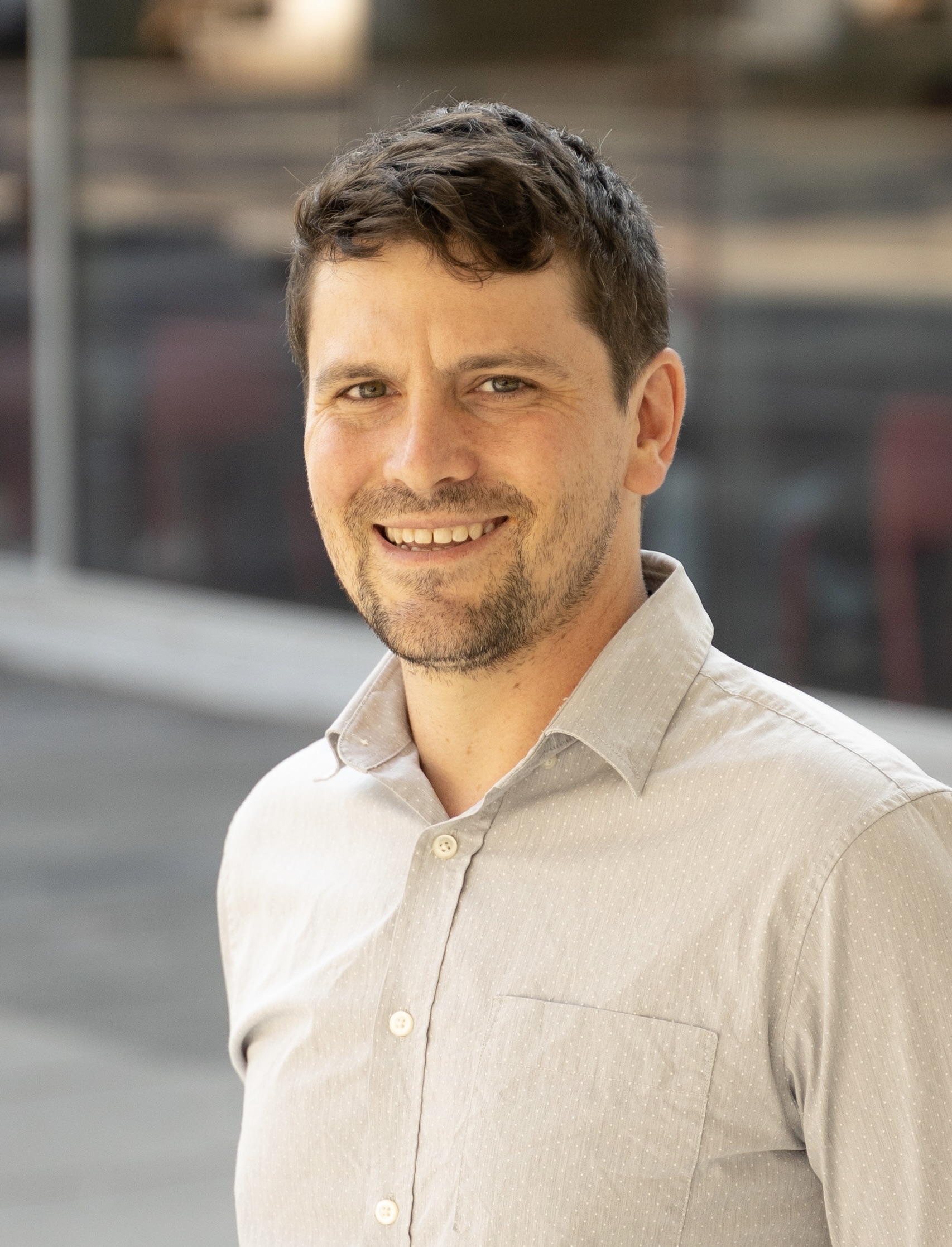Simon Lambek
Research Area
Education
Ph.D., University of Toronto, 2020
M.A., University of Chicago, 2011
B.A., McGill University, 2009
About
Simon Lambek is a political theorist whose research focuses on modern and contemporary political thought. His work explores rhetoric’s ability to alter interpretive horizons and expand reflective judgment in political life. At present, Simon is working on a project investigating the constitutive effects of public debate on contemporary democracies, drawing from critical, democratic and hermeneutic theory. He received his PhD in 2020 from the University of Toronto’s Department of Political Science and taught at Vanderbilt University prior to coming to UBC. Simon’s work is published in Epoché: A Journal for the History of Philosophy and Philosophy and Social Criticism.
Teaching
Research
My research lies at the intersection of critical, hermeneutic and democratic theory. Two major research projects are currently under way.
First, I am working on a book manuscript tentatively titled, Receiving Rhetoric: Language and Democratic Politics. This project considers the place of rhetoric within democratic theory. I highlight the central role of reception, arguing that the way audiences receive rhetoric shapes the political and world-transformative consequences of rhetorical acts. I think the study of reception helps to explain how rhetoric does political work, enabling normative and critical insights into the role of rhetoric in the public sphere. This project explores both how rhetoric passively shapes discursive horizons and also how it might spur active moments of acknowledgment, critical reflection and political action. In particular, I consider the promise of what I call “dissonant” rhetoric – rhetoric which is unresolved, affectively turbulent, and aesthetically attuned.
My second project focuses on public debate. I ask: what are the effects of public debate on 21st century democracies? When debates simultaneously solicit significant interest as well as anger, condemnation, and calls for protest, censure and boycott, how should normative and critical theorists respond? Moving beyond a free speech paradigm and building from the rhetorical/ hermeneutic framework developed in Receiving Rhetoric, I investigate the constitutive effects of formal and semi-formal public debates. In particular, I am interested in the normative and critical significance of debate in the public sphere. I think public debates are interesting because they do not merely provide a platform for particular opinions to be broadcast, they also purport to provide a representative spectrum of opinions. In so doing, public debates lay claim and help to constitute the horizons of available opinion on those matters which are “up for debate.”
Publications
Lambek, Simon. “Comedy as Dissonant Rhetoric.” Philosophy and Social Criticism. Online First, 2022.
Lambek, Simon. “Nietzsche’s Rhetoric: Dissonance and Reception.” Epoché: A Journal for the History of Philosophy. 25, no. 1 (2020): 57-80.
Awards
Research Awards:
Social Science and Humanities Research Council of Canada Postdoctoral Fellowship (2020)
University of Toronto, Centre for Ethics Doctoral Fellowship (2018)
Goethe University of Frankfurt Normative Orders Cluster Fellowship (2016)
German Academic Exchange Service (DAAD) Scholarship (2016)
University of Toronto, Jackman Junior Fellowship (2012)
Ontario Graduate Scholarship (2012)
Teaching Awards:
University of Toronto, Arts & Science Course Instructor Superior Teaching Award (2018)
